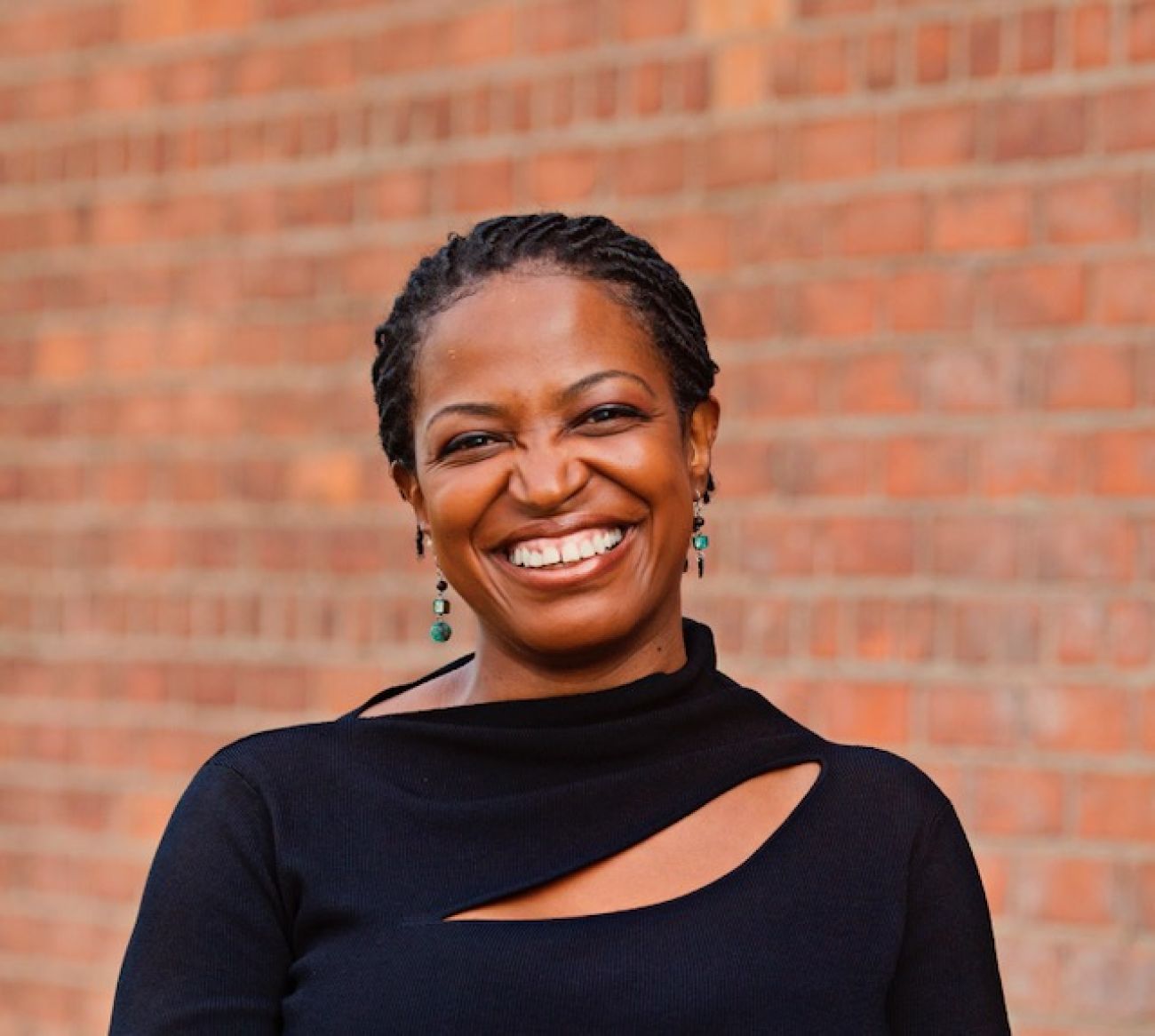Opinion | It’s time for Michigan to invest in our kids

This is not your typical bad news story about education in Michigan. Nope. Here is a story that is kind of like Spring this year – slow to take hold but definitely and surely on its way.
Recently, hundreds of early childhood leaders and practitioners came together in Flint. We heard from national experts, researchers, corporate CEOs, practitioners, statewide advocates and most important, parents of young children. We gathered to explore ways to work together to implement positive change, and to start to align on next steps – to chart an ambitious path forward focused on education and workforce development in Michigan.
We learned that although our child outcomes are nowhere near where we need them to be right now, we are starting to see some gains across the board in the activities and resources necessary to make substantial positive gains. I encourage us to be emboldened by these small victories so that we can take things to the next level.
Since 2017 we’ve had several wins that include ensuring Michigan fully uses federal dollars for early childhood, communities in Detroit and Flint have come together to develop frameworks for early childhood and business leaders in Grand Rapids have developed an agenda. Overall, there’s an increased recognition of the value of early childhood education, starting at birth – much, much earlier than kindergarten and even traditional Pre-K. Also, we value a continuum from ages 0-25 – the artificial silos of preschool, K-12, and college/postsecondary benefit tremendously from joint strategies.
All this is good, but it’s not enough. We need more.
We need to be real about how much it costs to have strong schools and a competitive workforce, and for families to have just a bit more room to thrive.
We must update the way we pay providers, those building the brains of our youngest. Michigan’s system for compensating early childhood providers is antiquated, the lowest reimbursement rate in the Midwest, and well below the federal benchmark. This makes it impossible to recruit and retain the talent we need and make childcare affordable to families. We must spend more money, and what we do spend, we must spend more efficiently.
Families need access to early childhood programs – currently, demand far exceeds supply. We can begin to close this gap by blending state funding streams, offering small raises to providers, and making it easier for families to qualify for subsidies at levels that access high-quality providers. These ideas may sound like they carry a big price tag; they do, but are largely offset by the recent federal increases in Michigan’s Child Care and Development Fund which don’t require a state match.
In 2020, Michigan third-graders will face retention as a result of the new third grade reading legislation that requires students to have reading skills within one year of grade-level to advance to fourth grade. Early estimates predict 60,000 or half of Michigan third graders will be held back that first year alone. (Editor’s note: the state doesn’t yet know how it will decide which third-graders flunk.) This sounds grim, but we can change this by listening to what families are asking for; aligning across sectors; updating systems and funding streams; and investing in things like per-pupil allocations and teacher training and salaries.
This year is such an important year for families in Michigan. We will elect our next governor and all our state legislators, Congressional representatives and others. We are hopeful that the folks who will lead in these offices remain committed to responding to the needs of our families, and will employ a robust, optimistic, all-hands-on-deck plan to shore up Michigan’s youngest generation – starting in early childhood (ages 0-5), and continuing through K-12 (ages 6-18) and postsecondary (ages 19-25).
Our collaborative cannot think of a more sound investment for our state than our youngest learners. By providing our children a solid great start, our children will be better equipped to our cities, state and society. There is no greater way to build stability for our K-12 systems – and our state – than to ensure each of our children are ready to learn in Kindergarten and beyond. Let’s make our systems work better, Michigan. Those we care about most – our children and youth – deserve every opportunity to succeed.
See what new members are saying about why they donated to Bridge Michigan:
- “In order for this information to be accurate and unbiased it must be underwritten by its readers, not by special interests.” - Larry S.
- “Not many other media sources report on the topics Bridge does.” - Susan B.
- “Your journalism is outstanding and rare these days.” - Mark S.
If you want to ensure the future of nonpartisan, nonprofit Michigan journalism, please become a member today. You, too, will be asked why you donated and maybe we'll feature your quote next time!

